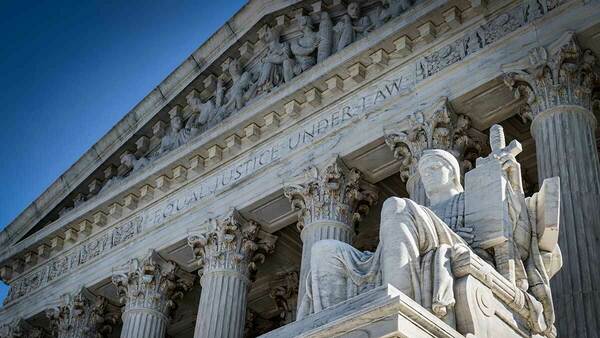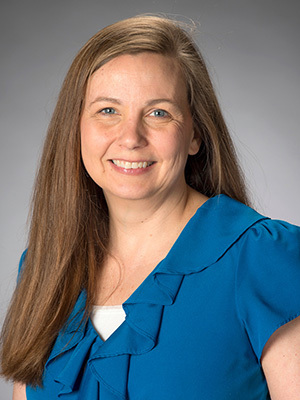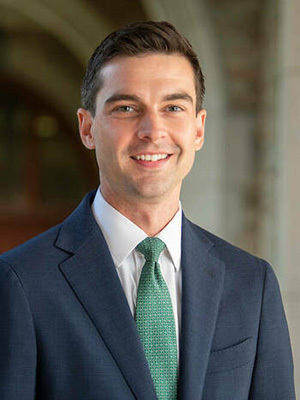
On Tuesday (Jan. 18), the Supreme Court of the United States will hear oral arguments in Shurtleff v. Boston, a case that asks the court to hold that government officials may not exclude religious expression from the public square. At issue is whether the city of Boston can exclude a community group from flying its flag in front of Boston City Hall because the flag features a Latin cross.
For many years, Boston has sponsored a program giving private citizens the opportunity to fly flags representing community groups. A wide variety of groups, including the Chinese Progressive Association and Boston Pride, have participated. Boston has never denied an application for the community flag program until the group Camp Constitution applied to fly its flag — a white and blue flag with a red cross.
A Boston city official told Camp Constitution that — as a government institution — the city could not fly a religious flag on its flagpole.

Notre Dame Law School’s Religious Liberty Initiative filed an amicus brief in the case to ensure that government actors — like the city of Boston — may not create benefits, opportunities or platforms that exclude religious believers.
Religious Liberty Initiative interim director Nicole Stelle Garnett, the John P. Murphy Foundation Professor of Law at the University of Notre Dame, said religious voices deserve a place in the public square and, in fact, “Boston has flown many flags with religious symbols previously, including the Turkish flag and the Bunker Hill flag, which looks a lot like Camp Constitution’s flag.”
“Most days, the city of Boston flies its own flag,” Garnett pointed out, “which says (in Latin), ‘May God be with us as he was with our fathers.’”
Boston said the First Amendment’s provision prohibiting the establishment of religion prohibits it from flying a religious flag, but Garnett argued Boston has that backward.
“The First Amendment also protects both the free exercise of religion and free speech,” she said. “And the court has made clear that when the government opens a forum for private individuals and groups to speak, these provisions prohibit the exclusion of religious speech. Our Constitution welcomes and protects the speech of religious organizations, and our nation has long celebrated it.”

John Meiser, supervising attorney of Notre Dame Law School’s Religious Liberty Clinic, added that the law does not require cities to create opportunities for speech like Boston’s flag program — only that they extend any opportunity to religious and non-religious speakers alike.
“Boston wants to have it both ways. It has invited citizens to celebrate their own private causes on city property, but now it wants to control which causes its citizens wish to celebrate,” Meiser said. “The city can’t do that. Boston is under no obligation to invite private groups to fly their flags on city flagpoles. But it chose to do so, and now it must extend that invitation to religious believers on the same terms as everyone else.”
Garnett said the Shurtleff case offers the opportunity for the Supreme Court to clarify that religious voices are welcome in the public square and that the nation and communities are enriched by them.
“This is important because, all too frequently, the government excludes them because of a mistaken understanding of what the Constitution demands and requires,” she said.
Established in 2020, the Notre Dame Law School Religious Liberty Initiative promotes and defends religious freedom for people of all faiths through scholarship, events and the Law School’s Religious Liberty Clinic. The initiative protects the freedom of individuals to hold religious beliefs as well as their right to exercise and express those beliefs and to live according to them.
Contact: Nicole Stelle Garnett, 574-631-3091, ngarnett@nd.edu; John Meiser, 574-631-3880, jmeiser@nd.edu
Originally published by Shannon Roddel at news.nd.edu on January 13, 2022.